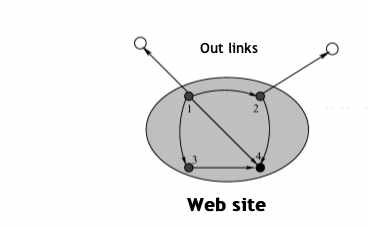3 simple ways to optimize for Google PageRank

A mathematical analysis of the PageRank algorithm shows there are 3 simple, legal things you can do to increase your PageRank score.
These aren't bogus SEO techniques like hidden text, link spam and page cloaking that will get you banned from Google. These techniques use the mathematical properties of PageRank to give your site more prominence.
Inside PageRank The principle of PageRank (PR) is similar to citation indexes maintained for scientific and legal articles to measure influence. PR has to be easily computable on the fly, which has some interesting storage implications I'll cover in another article.
Two papers, Inside PageRank by Monica Bianchini, Marco Gori, and Franco Scarselli of the University of Siena (AFAIK available only through the ACM) and Deeper Inside PageRank (pdf) by Amy N. Langville and Carl D. Meyer, cover the mathematical framework of PageRank. These suggestions are from the Inside PageRank paper.
Both are dense math papers, not CompSci, so if your linear algebra is rusty you'll find them a hard slog. The references are great sources for further study though.
The 3 techniques
- Eliminate dangling pages
- Aggregate out links on pages with many site links
- Split long pages into several pages
Eliminate dangling pages This is a no-brainer. A page with no out links is a dangling page. Even rarely used reference material should have links back into other pages on the site.
Aggregate out links on pages with many site links Out links reduce what Bianchini et. al. call the "energy" - and PageRank - of a site. To reduce the lost energy aggregate the out links on pages with more internal links.
In this diagram, less energy is lost with the out link from page 1 than the one from page 2. Page 1 links to 3 internal pages, while page 2 only links to 1.
Split long pages into several pages A web site has a "default energy" which is proportional to the number of pages in the site. All other things being equal a larger number of pages will get you a higher page rank. Here's a graphic:
There is a usability issue with lots of pages, so be smart about how the content gets divvied up. Frustrated visitors won't link to you, which also hurts your PR score.
The Storage Bits take PageRank isn't the only thing Google looks at, but it is probably the most important factor. These simple techniques will help your site do as well as it can in Google ranking.
Comments welcome
